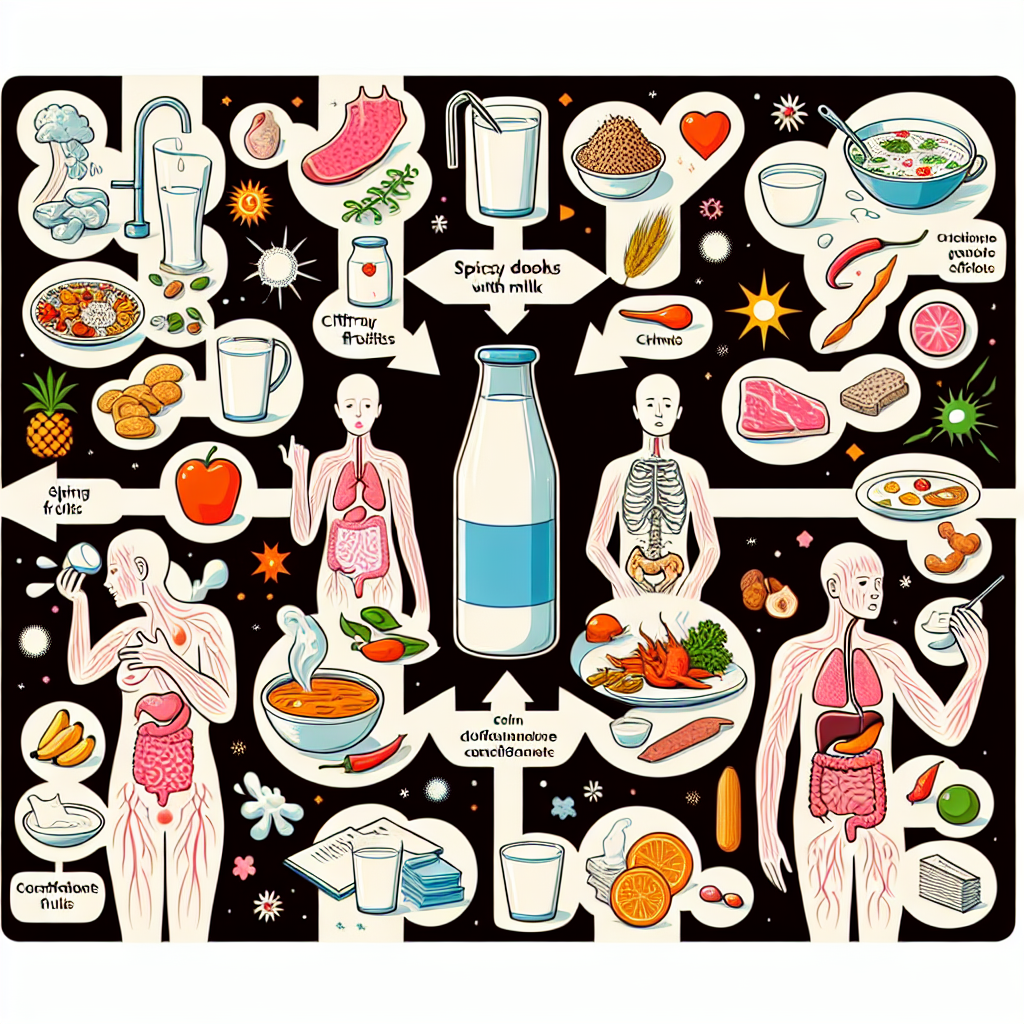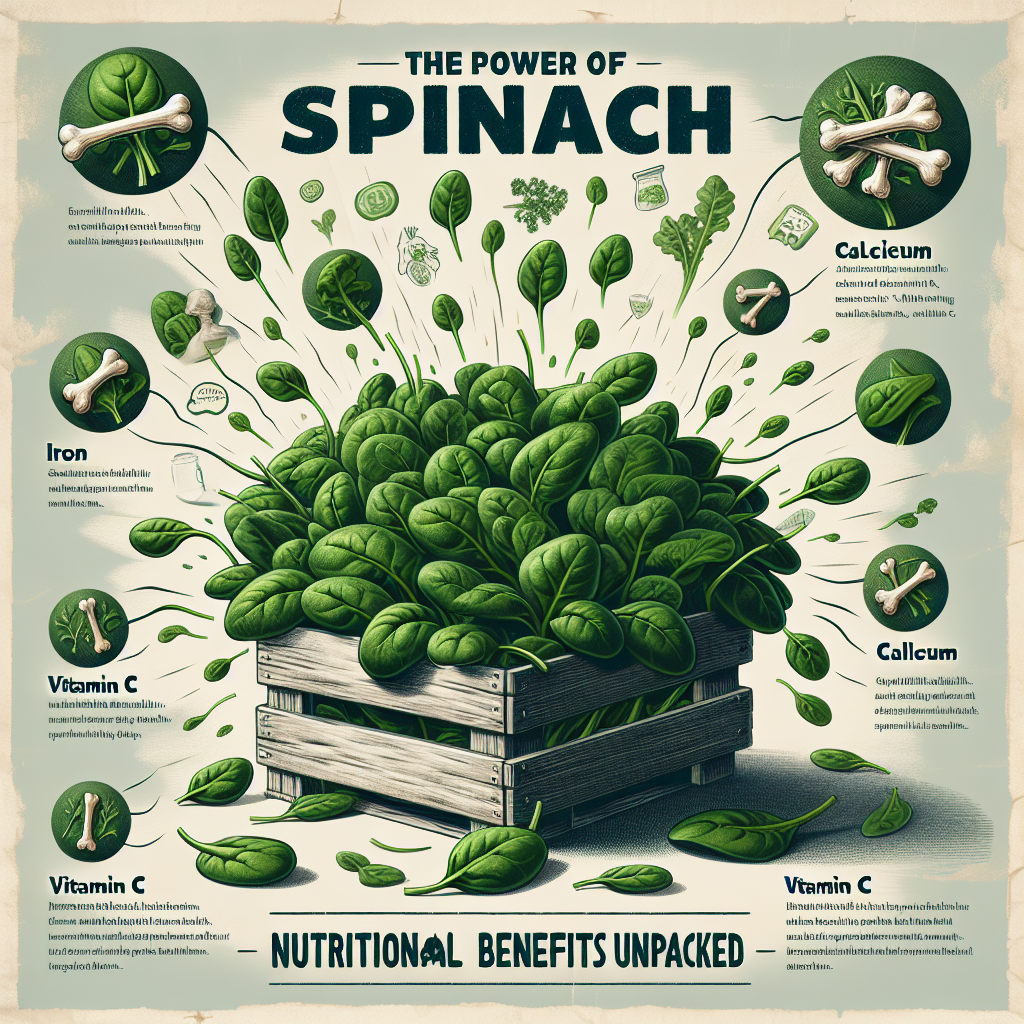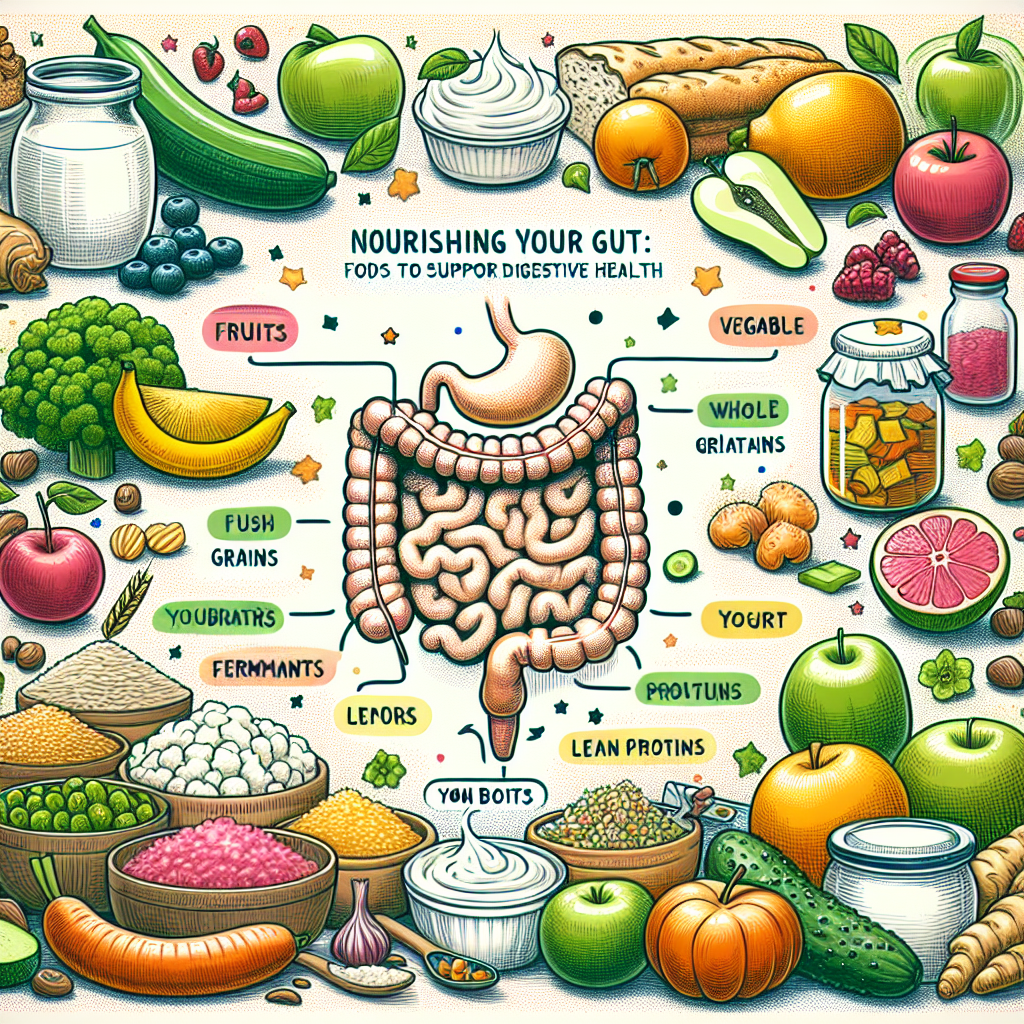Foods to avoid with Milk
1. Citrus Fruits
Citrus fruits such as oranges, grapefruits, and lemons are widely known for their vitamin C content. However, when consumed with milk, they can cause digestive discomfort for some individuals. The acidity in citrus fruits can curdle the milk in the stomach, leading to bloating and gas. A survey by the National Institute of Health found that around 20% of individuals with lactose intolerance reported discomfort when mixing milk with acidic foods.
2. Spicy Foods
Spicy foods including hot peppers and fiery sauces can trigger digestive issues, especially when combined with milk. The heat from spices may cause irritation in the stomach lining, and mixing them with milk can exacerbate this effect. Studies indicate that over 30% of the population experiences symptoms related to acid reflux or indigestion after consuming spicy foods with dairy products.
3. Fish
Combining fish with milk is a traditional taboo in many cultures, and scientific reasoning lies behind it. The proteins in fish and milk may interact in ways that hinder proper digestion. A study published in the Journal of Food Science found that consuming fish with milk can lead to indigestion and gastrointestinal issues in up to 15% of the population. Thus, it’s advisable to eat these foods separately to avoid any adverse reactions.
4. Red Meat
Red meat, particularly fatty cuts, may cause difficulties in digestion since it requires considerable effort from the stomach to break it down. When consumed with milk, it can create a heavy meal that may lead to bloating or discomfort. According to a report from the American Gastroenterological Association, about 25% of adults have reported feelings of fullness or sluggishness after eating red meat with dairy.
5. Ice Cream
While ice cream may seem like a delicious pairing, it’s best to avoid consuming it alongside milk. The high fat content combined with lactose can be burdensome for those who are lactose intolerant. Statistics show that around 65% of adults have a reduced ability to digest lactose after infancy, making this combination potentially problematic for a significant portion of the population.
6. Processed Foods
Processed foods are often high in preservatives, artificial flavors, and added sugars, and they can affect digestion negatively regardless of what’s consumed with them. However, when paired with milk, they may worsen digestive upset and lead to an imbalance of nutrients. According to a study by the Centers for Disease Control and Prevention, over 50% of adults who consume a high amount of processed foods also report digestive problems when paired with dairy.
7. Caffeine
Caffeine, found in coffee and many sodas, can interfere with calcium absorption from milk. When these beverages are consumed in the same sitting, they can soften the benefits one would normally receive from milk’s calcium content. Research indicates that regular caffeine consumption can decrease calcium absorption by up to 30% for some individuals, particularly noted in postmenopausal women.
8. Sugary Foods
Sugar can lead to a variety of health issues, including weight gain and increased risk of chronic diseases. Consuming sugary foods with milk can elevate blood sugar levels, causing rapid fluctuations that lead to energy crashes and irritation. Reports from the World Health Organization suggest that nearly 50% of the adult population exceeds the recommended sugar intake, often pairing sugary snacks with milk, which could worsen their health outcomes.
9. Fermented Foods
Fermented foods such as yogurt, sauerkraut, and kimchi can be beneficial for gut health but may interact poorly when combined with milk. Fermented foods contain live bacteria that can produce gas, and when combined with milk, they can lead to bloating or discomfort. According to a study published in the International Journal of Gastroenterology, approximately 18% of individuals reported digestive upset when mixing fermented foods with milk.
10. Alcohol
Consuming milk with alcohol, particularly heavy spirits, can lead to significant digestive issues. Alcohol increases stomach acid production, and mixing it with milk can lead to increased chances of acid reflux. A study in the American Journal of Clinical Nutrition found that heavy drinkers of alcohol were 35% more likely to report gastrointestinal issues when combining dairy products with alcohol.
In conclusion, while milk is often viewed as a healthy addition to one’s diet, certain food combinations can lead to digestive discomfort and impact overall health. It is essential to remain mindful of how various foods interact and to tailor meal combinations to individual digestive wellness. Nutritionists recommend keeping a food diary to identify personal triggers, allowing for a more comfortable dining experience. Remember, moderation and awareness are keys to healthy eating habits.




Post Comment